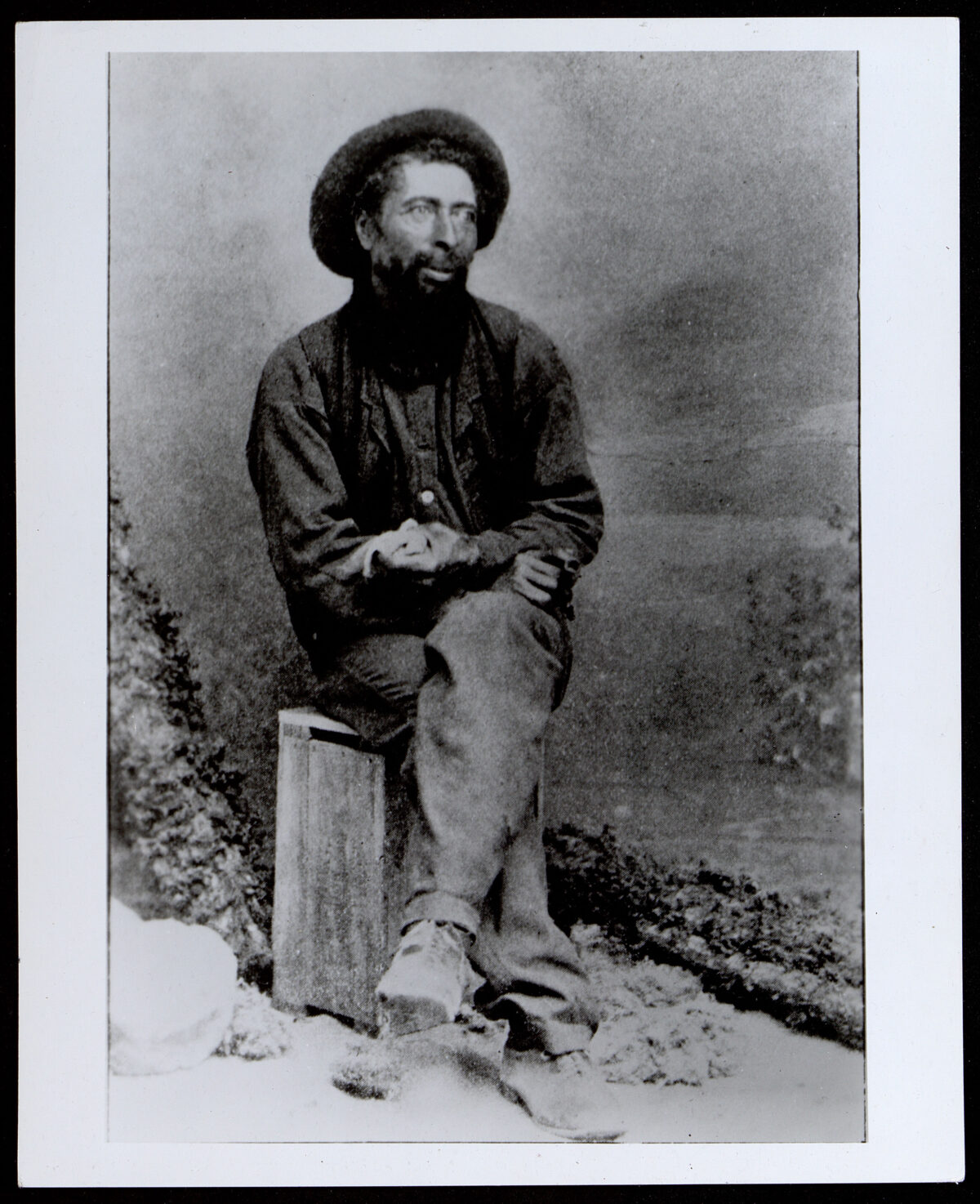Caption: Nathaniel Smith, circa 1880-1900. Photograph courtesy of Open UCLA Collections
MENDOCINO—Join the Kelley House Museum and two special guest speakers for an in-depth discussion of the life of Nathaniel Smith, the first African American to settle on the Mendocino Coast in the 1850s. Susan Anderson, History Curator at the California African American Museum will offer insight into the history of California’s treatment of people of color, and Guest Curator Alexander Wood shares his research on Smith’s life.
When: Saturday, March 23, 4-5:30 PM
Where: Kelley House Museum | 45007 Albion Street, Mendocino, CA 95460
Tickets: $7-$10, students free. No one turned away due to lack of funds. Advance tickets recommended.
Exhibit Run: March 1–May 27, 2024
Nathaniel Smith arrived in Mendocino County in the 1850s and is believed to be the first African American to settle on the coast. His life story is revealed through photos, clippings, and artifacts in the Kelley House Museum’s newest exhibit. Smith was at one time “known to every man, woman and child on the coast.” He was known for his wit, good nature, and essential work as a hunter, fisherman, farmer, and ferry operator. When Smith arrived in Mendocino, California passed laws and instituted policies discriminating against African Americans and Native Americans. As his popularity in the region grew, he also endured the racism of some of his neighbors, including the frequent use of a derogatory nickname. Despite the challenges, Smith succeeded in many professions, owned a home and land, and raised a family. This exhibition presents details of Nathaniel Smith’s life set against the history of California’s treatment of people of color. Follow the path of Smith’s life as he moved from his hometown of Baltimore, traveled the world on a ship, and eventually settled and made his life in Mendocino County. We are grateful to guest curator Alexander Wood for his thorough research and to Arlene Zornes, Nathaniel Smith’s descendant, for all the information and assistance.



